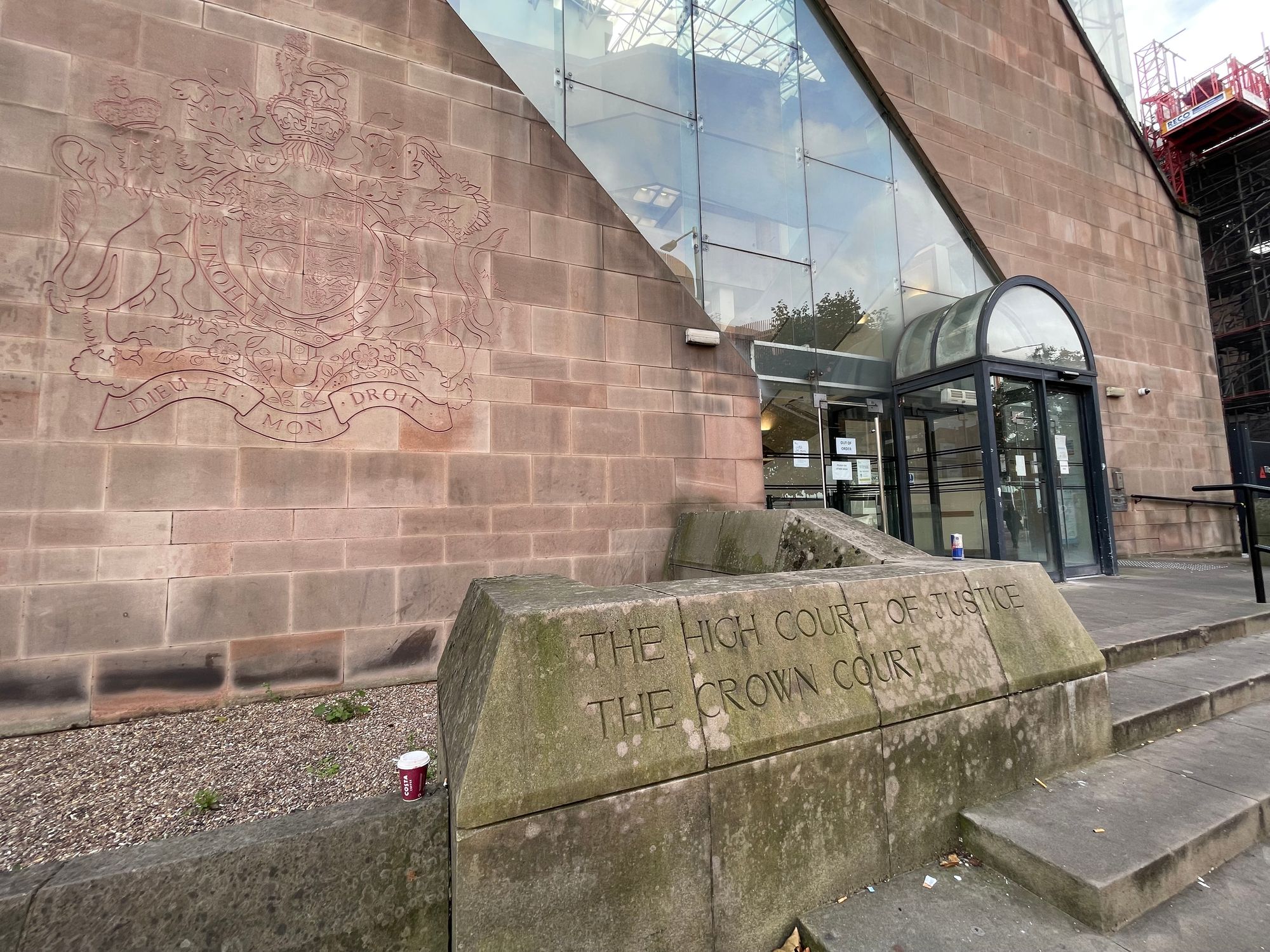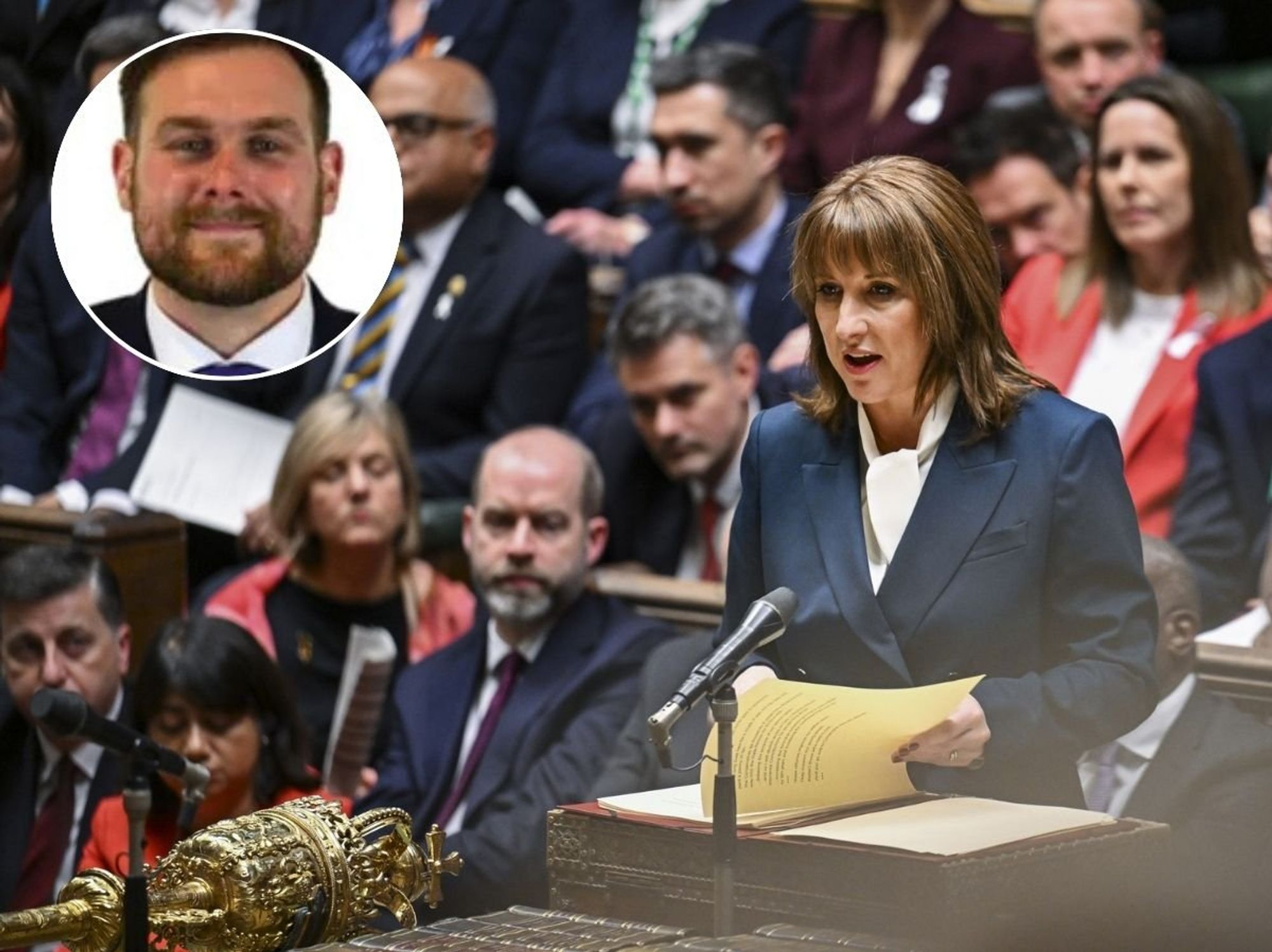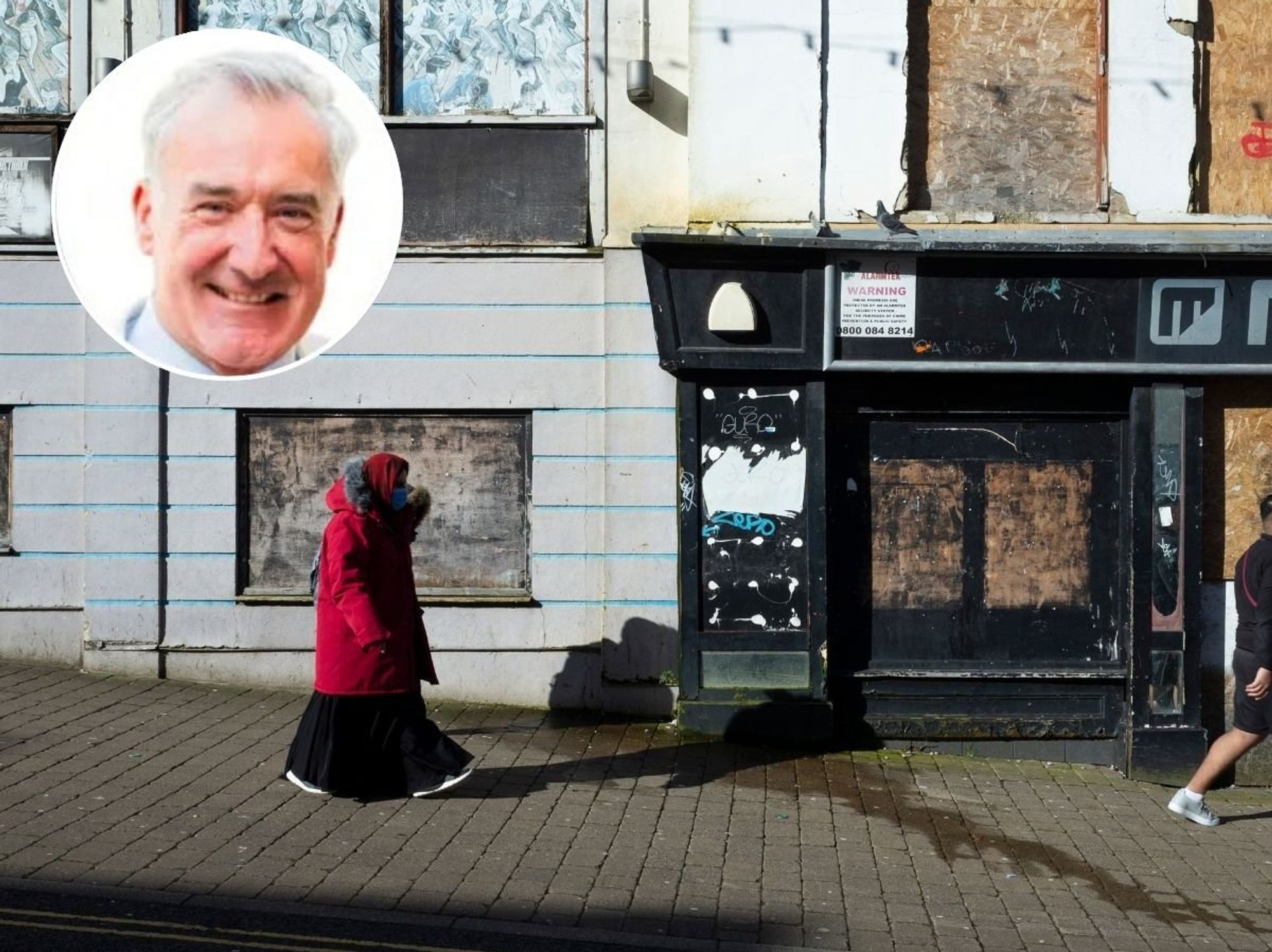NHS cancer backlog could take over a decade to clear, says report
To clear the backlog within a year, the report says a 15% increase in treatments is needed
Don't Miss
Most Read
Latest
It could take over a decade to clear the cancer treatment backlog in England, a new report suggests.
The pandemic has taken such a big toll that an estimated 19,500 people have not been diagnosed with cancer that should have been due to missed referrals, according to the Institute for Public Policy Research (IPPS) think tank and the CF health consultancy.
Their new study calculated that even if “stretched” hospitals could achieve 5% more treatments and procedures than before the pandemic, it will still take until 2033 to clear the cancer treatment “missing patients backlog”.
If that figure could be pushed up to 15% then backlogs could be cleared by next year, the report suggests.
One of the main issues in cancer care is around diagnosis, with the pandemic leading to a 37% drop in endoscopies, a 25% drop in MRI scans and a 10% drop in CT scans than expected, the study said.
While the number of people who need cancer treatment has not changed, the research shows that during the height of the pandemic (March 2020 to February 2021):
– 369,000 fewer people than expected were referred to a specialist with suspected cancer (15% lower than expected),
– 187,000 fewer chemotherapy treatments (7% lower than expected),
– 15,000 fewer radiotherapy treatments (13% lower than expected).
The report said: “Behind these statistics are thousands of people for whom it will now be too late to cure their cancer.
“We estimate that the number of cancers diagnosed while they are still highly curable (stage one and two) fell from 44% before to pandemic to 41% last year.”
The study suggests that treating 90% of these people when they are eventually diagnosed could mean the backlog in chemotherapy and radiotherapy could take until 2028 and 2033 respectively to clear.
However, deaths could be prevented if hospitals are able to do more, which can only be achieved with more cash for new equipment and more staff, it said.
Researchers argued that the Government should not just allow pre-pandemic levels of care to return, adding that the UK has poor cancer outcomes compared to similar countries, the lowest numbers of CT and MRI scanners per head in the Organisation for Economic Co-operation and Development (OECD) and workforce shortages across all cancer services.
Dr Parth Patel, IPPR research fellow and an NHS doctor, said: “The pandemic has severely disrupted cancer services in England, undoing years of progress in improving cancer survival rates.
“Now the health service faces an enormous backlog of care that threatens to disrupt services for well over a decade. We know every delay poses risks to patients’ chances of survival.
“Clearing the cancer care backlog before the next general election looks unlikely with the way the NHS is currently resourced, staffed and organised.
“The funding announced this month is just about enough to keep the health service afloat, but does not provide the funds needed to bring down pandemic backlogs as quickly as possible or transform service quality.
“The Government has pledged to improve cancer survival in this country, which lags far behind most similar countries.
“That will take investment in diagnostic kit, immediate and long-term plans to expand the workforce and much bolder policy on prevention.”
Chris Thomas, IPPR senior research fellow, said: “Returning cancer care to its pre-pandemic state is not sufficiently ambitious and will not deliver the rapidly improvement in cancer outcomes we need.
“The Government must live up to their ‘build back better’ rhetoric and not just return us to the stagnating cancer survival rates seen pre-pandemic.”
Baroness Delyth Morgan, chief executive of Breast Cancer Now, said: “These alarming estimates lay bare just how urgently investment in equipment, and crucially in NHS staffing, is needed to avoid a devastating decade of further disruption to cancer diagnosis and treatment.
“Between the start of the Covid-19 pandemic in March 2020 and May 2021, around 10,000 fewer women in England were diagnosed and started treatment for breast cancer. Finding and treating these women must be an absolute priority.”











